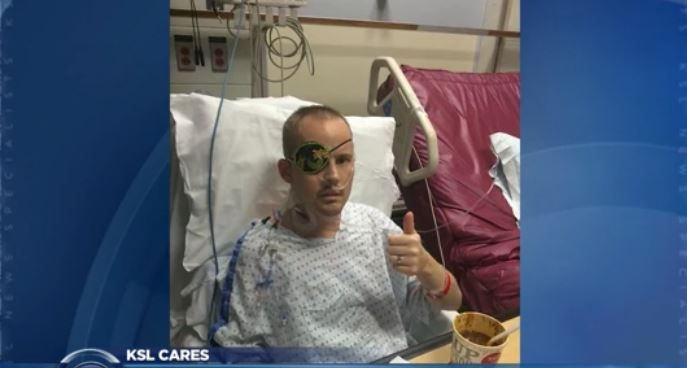HIV Helped Utah Man Battle Cancer: How Disabled HIV Turns T-Cells Into 'Serial Killers' Of Tumors

As any Hollywood actress will tell you, a little disease goes a long way toward youth and beauty; after all, injecting botox (a form of the toxin that can cause botulism) directly into your face will get rid of all your wrinkles. Is it such a stretch, then, to think HIV might cure cancer? Apparently not.
It works, according to the results of a new study published last month in the highly venerated New England Journal of Medicine. Of a total of 30 children and adult patients with leukemia, 27 (or 90 percent) achieved complete remission one month after being injected with immune system t-cells modified by a disabled form of HIV. After six months, 78 percent of the patients, some having relapsed as many as four times in the past from other treatments, were still alive.
“What we found was a way using the HIV virus to introduce a gene into the T-cells that then makes them leukemia specific killers and in fact it’s been said they’re serial killers,” said Dr. Carl June in a video made for the Leukemia & Lymphoma Society (LLS). “We found one of these modified t-cells in a patient can kill about a thousand tumor cells.”
How It Works
Back in July 2010, June tested his experimental therapy on his first patient who looked like “he had many, many infections,” according to June and his co-researchers. However, after examination, they found it to be a case of the patient's immune system battling the leukemia. After treating the patient with the experimental modified t-cells, the research team ran the usual scans and bone marrow biopsy to check his progress. Seeing the results, June immediately asked for a second round of tests. “I thought the first one was, frankly, wrong,” June told LLS. “But the second one confirmed what we found. [The scan] was free of leukemia.”
The new immunotherapy treatment begins with a doctor removing a patient’s T cells from the blood. Next, they reprogram the T cells, a type of white blood cell essential for our immunity, using HIV. Although the virus has been “disabled” in the lab, it retains one key property of HIV: it has the ability to insert new genes into cells. Next, genetically modified T cells are grown in the lab and then re-infused into the patient. Finally, the patient’s modified T cells begin to circulate once again within the blood stream, but this time they recognize and bind to cancerous tumor cells. In fact, the modified cells are capable of becoming activated and murderous, so to speak, of the cancer.
Among the happy patients who have received such an infusion is Marshall Jensen, a 30-year-old Utah father of three with acute lymphoblastic leukemia, KSL reported. He’d been searching for treatments to fight his cancer over the last three years, when he read about June’s experimental therapy. Not knowing what he might find, he and his family traveled from his home state to Penn Medicine. There, he experienced a complete turnaround following the immunotherapy treatment. “By God's grace I was able to come back," Jensen told KSL (below).
Published by Medicaldaily.com



























